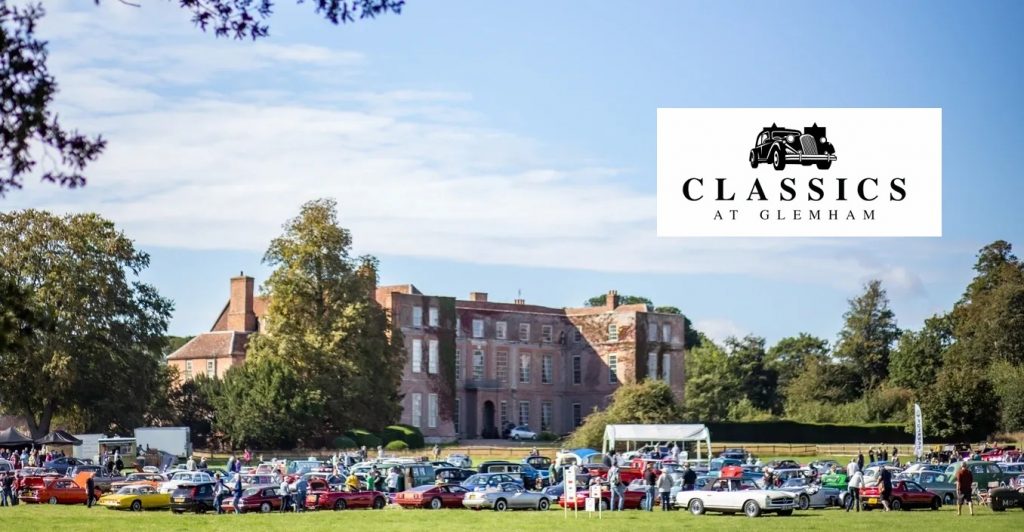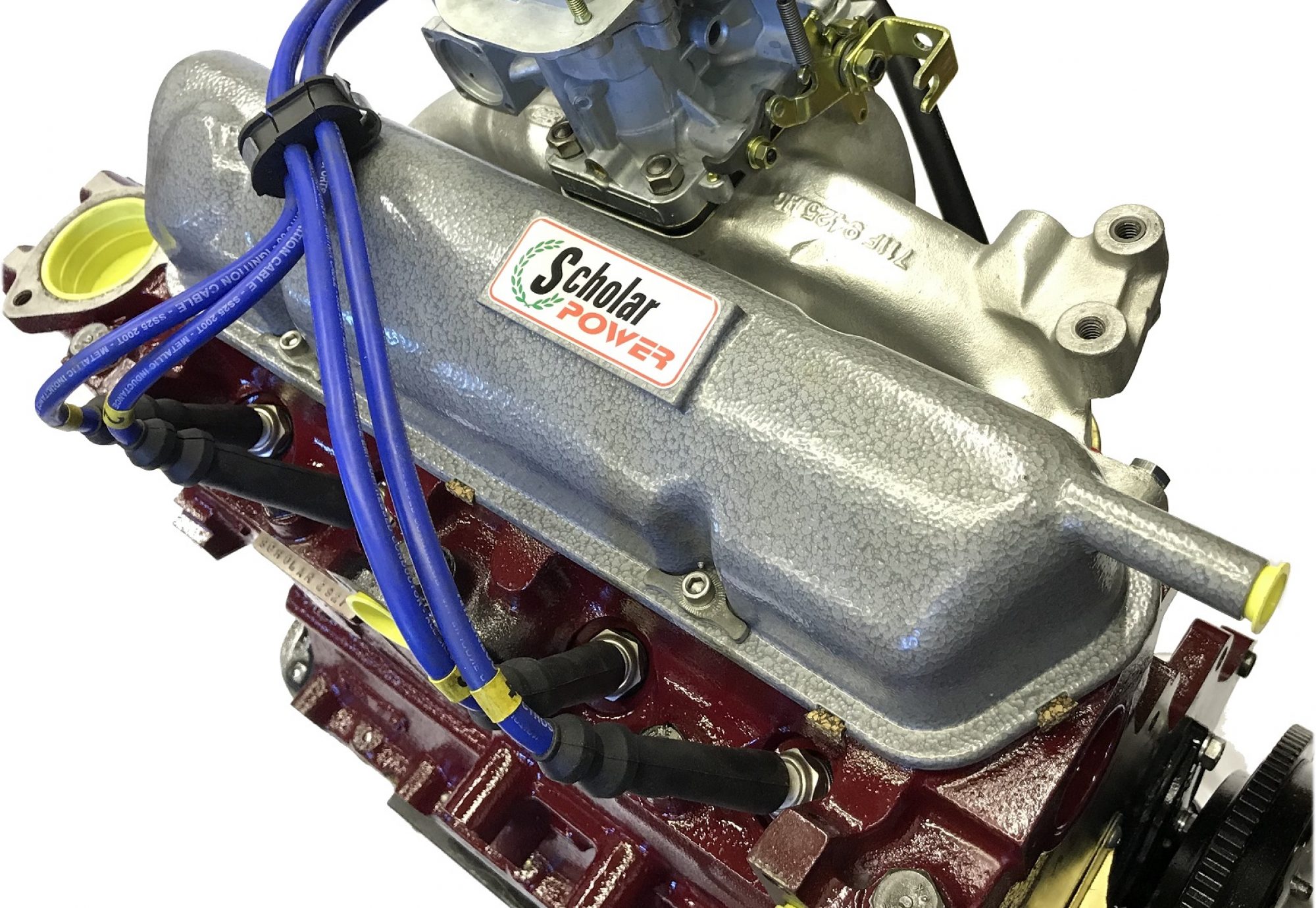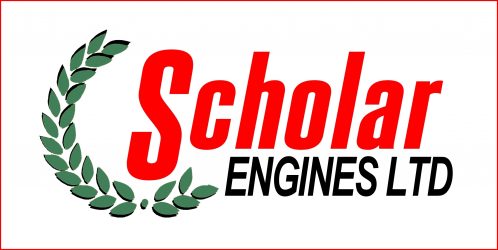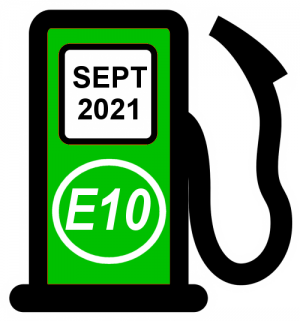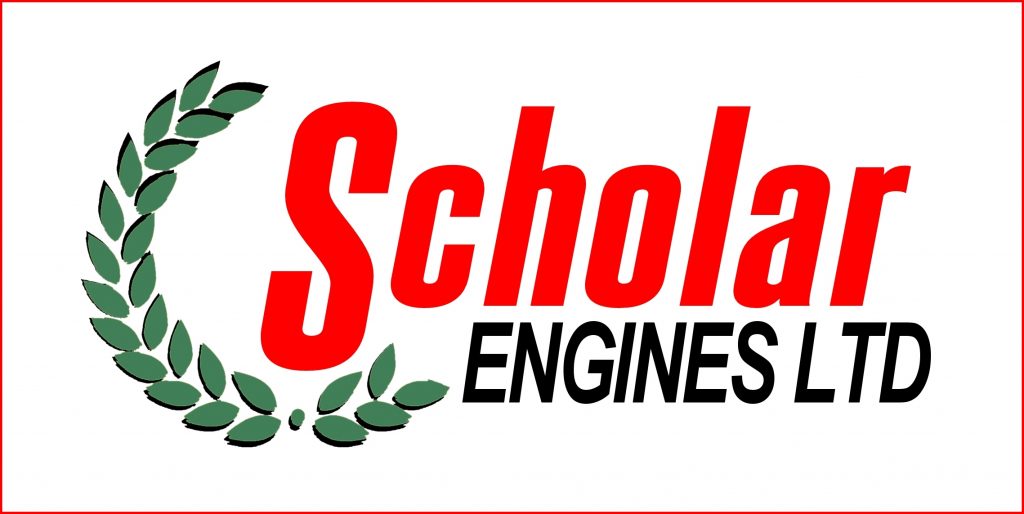What you should consider for your pre-2011 vehicle
From September onwards, Unleaded (aka “95 RON”) fuel will be replaced by the biofuel E10 Unleaded. Put simply E10 is being introduced to help lower greenhouse gases (e.g. CO2).
The new E10 may be harmful to some pre-2011 cars. It is more likely to be harmful to pre-2002 vehicles. Most at risk are classic and historic vehicles.
Based on currently available research and tests, below is our take on the situation. There is plenty of info already out there, so we recommend that you research online or via your car club if applicable.
What is the problem?
E10 contains Ethanol which is hygroscopic. It absorbs water from the atmosphere and can lead to condensation in all places where it goes – e.g. inside fuel tanks, carbs, fuel lines, pumps etc. This can lead to corrosion in many metal components.
Ethanol is also a solvent which means gaskets, hoses, seals, fuel pumps, regulators and fuel tanks need to be of a specification that is able to handle a solvent. It could cause rapid deterioration of components made from plastic, rubber and fibreglass. This in turn may block fuel filters, injectors, pumps and smaller passageways in the fuel system.
Cars being moved into storage must be handled particularly carefully as the E10 fuel will eat through incompatible hoses and pipework, potentially causing spillage and potential further damage to expensive components.
Likewise with vehicles that have a new-build engine, it is critical to ensure that the fuel system is performing correctly and is free from debris and blockages before running in the vehicle.
I think my car is at risk. What are my options?
There are a few options to consider depending on your vehicle age, but as we see it currently this is our opinion on what you can do if you find out your vehicle is at risk.
Option 1 – Overhaul the fuel system and check gaskets, seals etc. This could be the most expensive option for many, but if you are restoring or refreshing your engine this is a good time to double-check things. Once the fuel system is overhauled you can use E10 in the same way as current (E5) Unleaded fuel.
Option 2 – Additives. There are a range of E10 additives becoming available currently. We are unclear as to whether you would use these additives in conjunction with an existing Unleaded additive (e.g. if you haven’t had an Unleaded conversion yet). Check online for available options.
Option 3 – Temporarily switch to Super Unleaded. Super Unleaded will not change it’s formula for another 5 years. Using Super Unleaded will increase the exhaust gas temperature in your engine if you use it hard. If you have a classic engine that is still using an additive, maybe now is the time to consider an unleaded conversion. You will have to overhaul the fuel system eventually however.
What is Scholar’s response to the new E10 fuel?
We are doing our best to let customers know about the situation, and in addition we are doing our bit to check that the products we use (gaskets, seals etc) in our engine builds are compatible with E10.
We regularly carry out unleaded conversions on most older engines to achieve durable performance with modern unleaded fuel. This will be unchanged with E10.
What Other Information is Available?
There is already a lot of information out there and many of the car clubs are already on top of this and will have answers to your make/model specific questions.
Check out: For more modern classics (e.g. 2002 onwards), the .GOV Website is very useful. https://www.gov.uk/check-vehicle-e10-petrol
